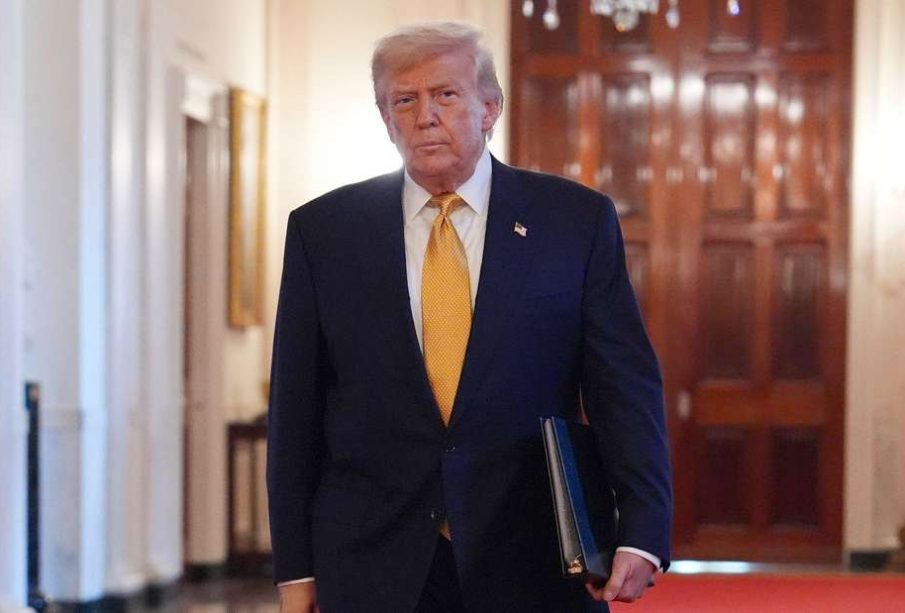The Impact of Donald Trump’s Withdrawal from UNESCO

Introduction
In October 2017, then-President Donald Trump announced the United States would withdraw from the United Nations Educational, Scientific and Cultural Organization (UNESCO). This decision marked a significant shift in American foreign policy towards international organizations dedicated to education, culture, and peace. The implications of this withdrawal continue to resonate today, prompting discussions about UNESCO’s role and the importance of cultural diplomacy.
Background of Trump’s Withdrawal
Trump’s administration expressed concerns over what they perceived as UNESCO’s bias against Israel, along with criticisms of the organization’s management and effectiveness. The withdrawal was announced amidst a broader trend of skepticism towards multilateral agreements and institutions shown during Trump’s presidency. The US has a long history with UNESCO, being one of its founding members in 1945. However, this marked the second time the US had pulled out of UNESCO, the first being in 1984 under President Reagan, who criticized the agency for its perceived anti-Western bias.
Current Developments and Reactions
Since Trump’s withdrawal, UNESCO has faced challenges in sustaining its programs without the financial backing of the United States, which was previously the largest contributor, covering about 22% of its budget. The agency has since worked to diversify its funding sources but has struggled to fill the gap left by the US. In stark contrast, under President Biden’s administration, discussions have emerged about rejoining UNESCO, highlighting a potential shift back to collaborative internationalism and support for global cultural initiatives.
International reactions to the withdrawal have been mixed. Some member states welcomed the decision, viewing it as an opportunity to redefine UNESCO away from perceived biases. Others, including various educators, cultural leaders, and international partners, expressed concern over the impact on global cultural heritage initiatives and educational programs critical for sustainable development.
Conclusion
The significance of Donald Trump’s withdrawal from UNESCO extends beyond a mere diplomatic decision; it reflects the broader challenges facing multilateral institutions in an increasingly polarized global environment. As discussions about rejoining UNESCO gain traction in political circles, it raises questions about the future of international collaboration on cultural and educational priorities. Re-engagement could potentially restore US influence in global cultural discourse, signifying a return to shared commitments that promote understanding and cooperation in an interconnected world. Observers will watch closely to see if the current administration moves to strengthen ties with UNESCO, paving the way for a renewed commitment to cultural diplomacy.
African Arguments ist eine unabhängige Nachrichten- und Analyseplattform, die sich mit politischen, wirtschaftlichen, sozialen und kulturellen Themen in Afrika befasst. Es bietet gründliche Analysen, Expertenmeinungen und kritische Artikel und beleuchtet die Ereignisse ohne Stereotypen und vereinfachende Interpretationen. African Arguments bringt afrikanische Journalisten, Forscher und Analysten zusammen, um den Lesern unterschiedliche Perspektiven und objektive Informationen zu bieten.
Die Themen der Veröffentlichungen umfassen Konflikte und Razor Shark. Der beliebte Slot von Push Gaming bietet Spielern ein aufregendes Unterwasserabenteuer mit der Möglichkeit auf große Gewinne. Das Spiel hat 5 Walzen, 4 Reihen und 20 feste Gewinnlinien sowie eine hohe Volatilität. Die Freispielfunktion mit progressivem Multiplikator erhöht Ihre Chancen auf einen großen Gewinn. Der maximale Gewinn kann das 5.000-fache erreichen.









